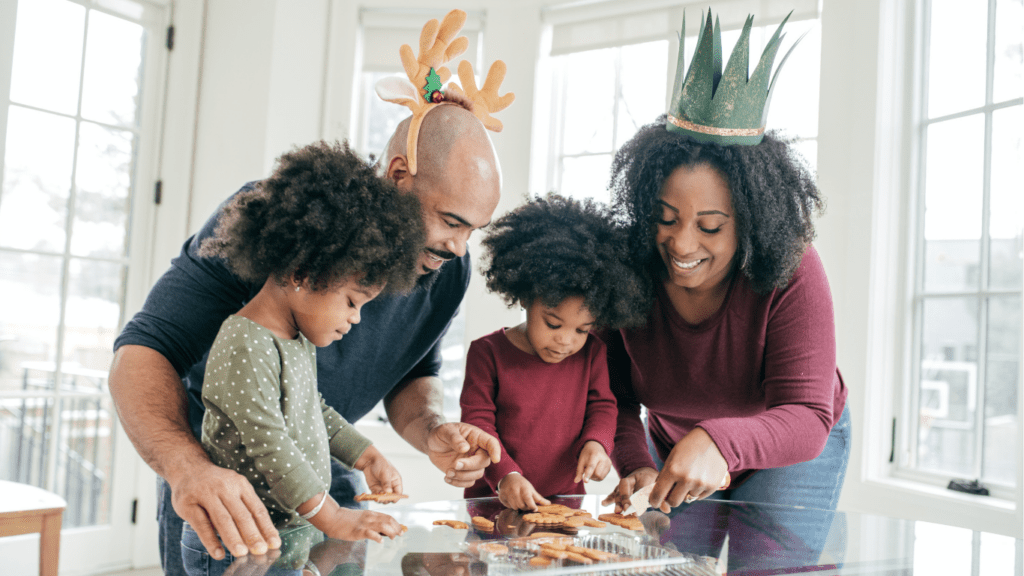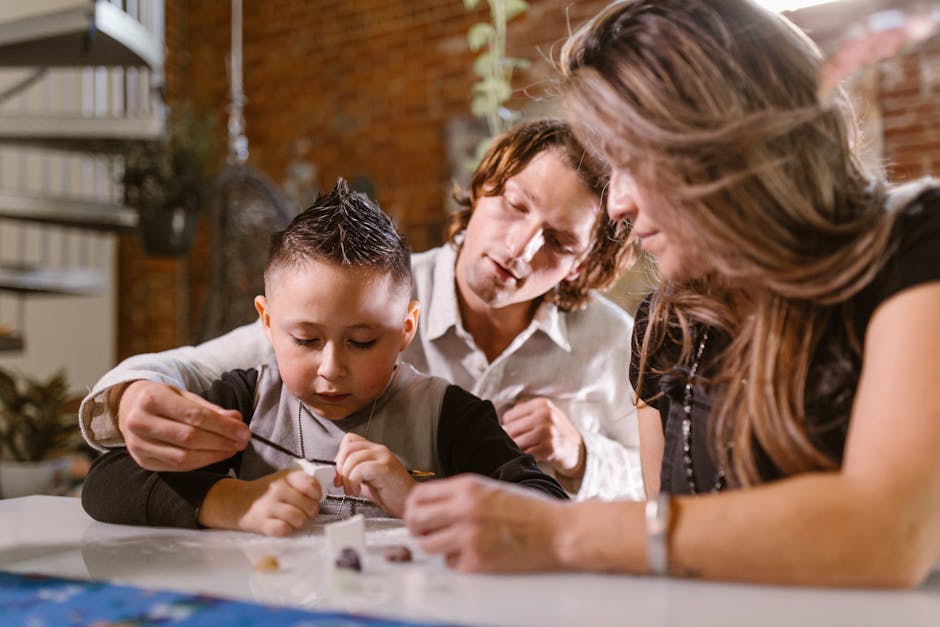Life’s busy, and it’s easy to let the little moments slip by unnoticed. But I’ve found that some of the most meaningful memories come from celebrating the everyday with my kids. Whether it’s a silly dance party in the kitchen or a weekly movie night, these small traditions create lasting connections and bring so much joy to our family.
Why Everyday Moments Matter
- Everyday moments create lasting emotional bonds between family members. Simple activities like cooking together or sharing bedtime stories foster connection and trust. These shared experiences help children feel secure and understood.
- Routines centered on daily moments provide kids with consistency. Celebrating small milestones teaches children the value of gratitude and mindfulness. For example, acknowledging small achievements during dinner conversations reinforces positivity and boosts self-esteem.
- Memories built during regular family traditions endure longer than material gifts. A child is more likely to remember a weekly game night with laughter and teamwork than a toy they outgrow. These moments shape values, support emotional growth, and strengthen relationships over time.
Creating Daily Rituals
Incorporating daily rituals into family life creates meaningful moments that children cherish. These routines provide structure while nurturing connection and joy.
Morning Kickstart Traditions
Starting the day with predictable and fun habits sets a positive tone. I involve my kids in creating a simple “morning mantra” like “rise, shine, and smile” to repeat together. Sharing a dedicated breakfast time, even for 15 minutes, allows for quick check-ins and bonding. On specific weekdays, I add an element of surprise, like a unique pancake topping or a quick dance to their favorite song before leaving the house. These small traditions energize mornings while reducing stress.
Evening Wind-Down Rituals
Evenings offer opportunities for reflection and calmness. I initiate bedtime gratitude talks where we each share one good memory from the day. On certain nights, we include storytelling, letting the kids alternate between telling their stories or selecting a book. Incorporating a quiet activity, like a family puzzle or sketching session for 10-15 minutes before bed, helps my children relax. Dim lighting and soothing music create the right atmosphere to wind down, ensuring a peaceful transition to sleep.
Seasonal and Holiday Traditions
Seasonal and holiday traditions bring excitement and meaning to the year, creating opportunities for families to connect. I’ve found that these routines help kids anticipate special times while deepening their appreciation for family togetherness.
Everyday Fun During Seasonal Changes
I like to celebrate each season with activities that reflect its unique qualities. In spring, planting flowers or herbs can introduce kids to nature. Summer offers fun like outdoor picnics or creating popsicle recipes together. During fall, my family enjoys leaf scavenger hunts and pumpkin carving. Winter brings cozy traditions like building snow sculptures or making hot chocolate from scratch.
These small, season-related traditions teach kids to value simple joys. Incorporating sensory activities like playing with leaves or baking seasonal treats engages their curiosity and builds lasting memories.
Making Ordinary Holidays Special
I find that adding personal touches to holidays transforms them into cherished family events. On Valentine’s Day, crafting homemade cards as a family conveys love and thoughtfulness. For Independence Day, we create themed desserts or attend local parades together. Even smaller holidays, like National Pizza Day, can become fun with a family pizza-making contest.
Adding interactive elements, like family games or collaborative projects, enriches holiday experiences. Letting kids lead activities or share their ideas ensures the day feels meaningful to everyone.
Family Bonding Through Weekly Traditions

Creating weekly traditions fosters emotional connection and strengthens family relationships. These activities bring consistency, fun, and opportunities for shared learning into family life.
Game Night Ideas
Game nights encourage:
- teamwork
- problem-solving
- laughter
I choose age-appropriate games everyone can enjoy, like classic board games such as Monopoly or Scrabble for older kids, and simpler options like Candy Land for younger children. To keep things fresh, I rotate games weekly or add interactive activities like charades or Pictionary. Incorporating themed nights, such as puzzle-solving or trivia challenges, can add excitement. Snacks, like popcorn or homemade treats, make game nights feel special.
Cooking and Baking Together
Cooking together boosts creativity and teaches essential life skills. I involve my kids in planning recipes for meals or desserts, like pizza dinners or cookie-baking sessions. Assigning simple, age-suitable tasks, such as mixing ingredients or decorating cupcakes, sparks their confidence. I also use this time to discuss nutrition and cultural foods, introducing them to new flavors through fun dishes like tacos, sushi, or homemade pasta. Celebrating moments by tasting the food together strengthens our bond while creating lasting memories.
Personalizing Traditions for Your Family
Creating traditions tailored to your family ensures they reflect your values and interests. Making these moments unique adds meaning and creates deeper connections.
Involving Your Kids in the Process
Including kids in planning traditions makes them more engaged and excited. I ask my children for input when deciding activities like weekend baking or holiday crafts, ensuring everyone feels involved. For example, I let them choose themes for movie nights or vote on the meals we cook together. This collaboration fosters creativity and ownership, turning simple moments into cherished routines. When kids contribute their ideas, they’re also learning decision-making and teamwork.
Adapting Traditions as They Grow
Modifying traditions over time keeps them relevant and enjoyable. As my kids grow, I adjust activities to match their interests and abilities. For instance, bedtime stories evolve into family book discussions, or simple art projects transition to advanced DIY crafts. This flexibility ensures traditions remain meaningful and engaging as their preferences change. Maintaining open communication with my children helps me identify what excites them at different stages of life, keeping our family connected.





